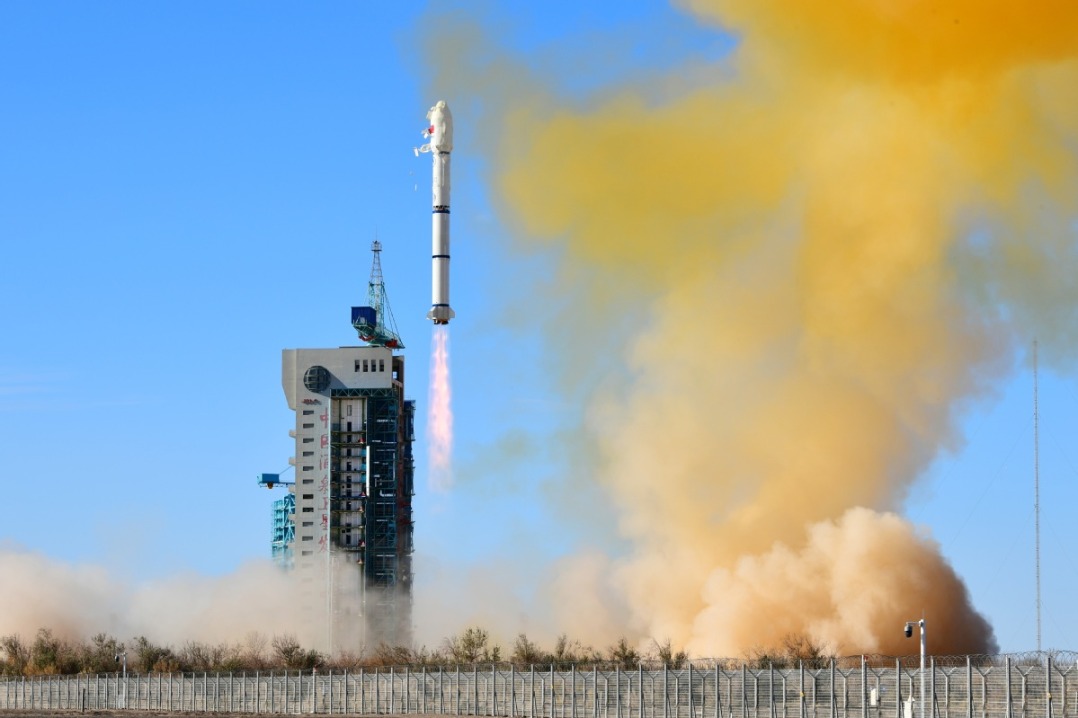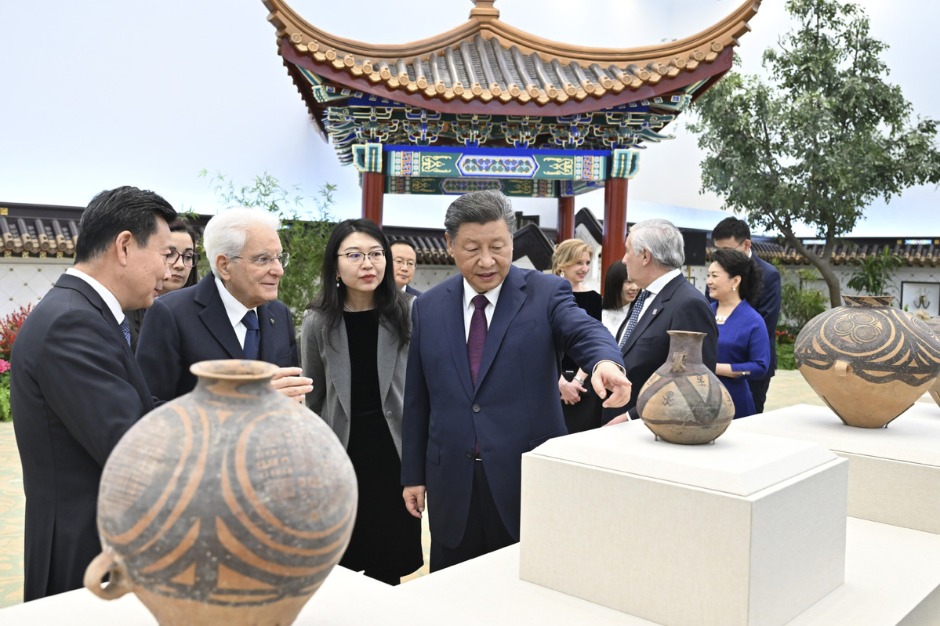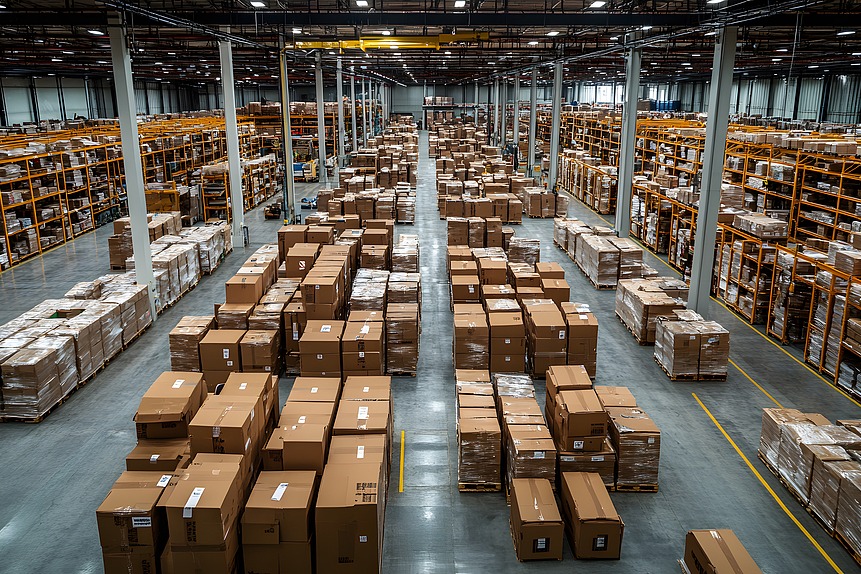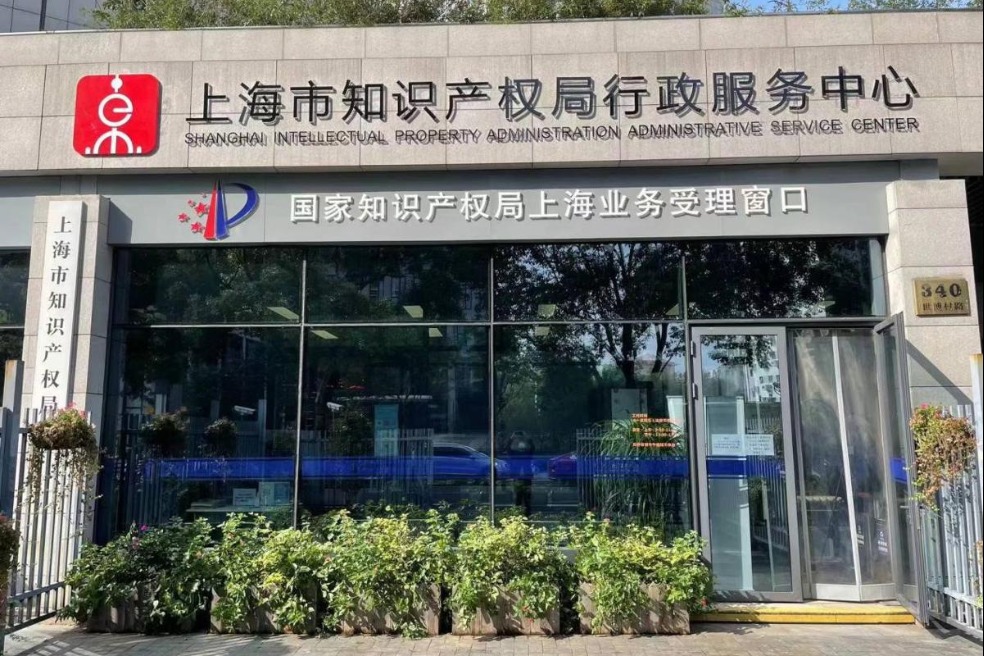The implications of the EU-ASEAN statement on South China Sea issues

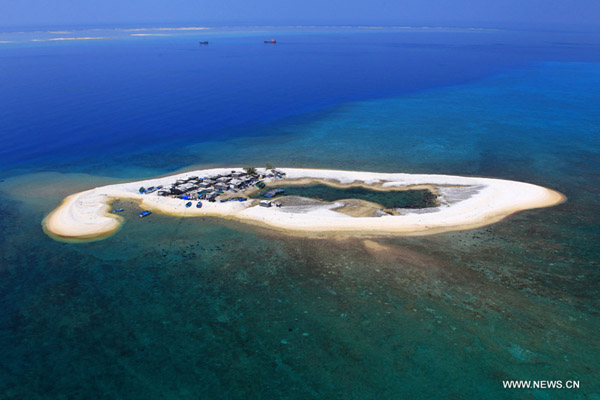
Recently, the situation in the South China Sea has attracted a lot of attention from the international community. In a joint statement issued by the EU-ASEAN Ministerial Meeting last week, the two sides emphasized the importance of maintaining and promoting peace, stability and freedom of navigation in and overflight above the South China Sea, reflecting some common understandings between the EU and ASEAN on this issue.
Contrary to the expectations of some states, the statement did not make drastic rhetoric on the South China Sea issue to "provoke China", and the EU and ASEAN still seem to deliberately maintain a certain distance from the US in their policies and actions. This not only shows that the EU wants to make its South China Sea policy more attractive to ASEAN by fully considering ASEAN's comfort, but also reflects ASEAN's desire to maintain strategic autonomy and not want to take sides in the context of Sino-US strategic competition.
According to the "dual-track approach" jointly advocated and implemented by China and ASEAN countries, peace and stability in the South China Sea should be jointly maintained by China and ASEAN countries, and relevant disputes in the South China Sea should be resolved through negotiation and consultation by the countries directly concerned. For a long time, China and neighboring countries have been beneficiaries of peace and stability in the South China Sea. No matter how the regional and international situation changes, the freedom of commercial navigation and navigation safety in the South China Sea have never been affected by relevant disputes.
At a time of ongoing tensions in the Red Sea, the EU wants international sea lanes, including the South China Sea, to remain safe and open, both for practical reasons and influenced by its maritime traditions. As an alliance of the seas with a long maritime tradition and maritime culture, the EU has the largest exclusive economic zone in the world, and the maritime area under the jurisdiction of its member states is far larger than the land area. The EU's official statements and positions on the South China Sea issue have always been based on the policy goals of ensuring freedom of navigation and overflight, promoting the security of trade routes, maintaining rule-based international order and regional peace and stability.
The EU-ASEAN statement was generally in a calm tone while using many of the language that ASEAN countries and China have agreed on in the past. For example, the EU and ASEAN jointly highlighted the importance of the full and effective implementation of the 2002 Declaration on the Conduct of Parties in the South China Sea (DOC) in its entirety.
As the first political document on the South China Sea issue signed by China and ASEAN countries, the DOC has played an important role in ensuring that there are no serious military conflicts and confrontations in the South China Sea over the past two decades. China and the relevant countries have also made many gains in enhancing political mutual trust, maritime cooperation in low-sensitive areas, and avoiding the escalation of crises. Currently, the Code of Conduct in the South China Sea (COC) negotiations are still ongoing, and it is difficult to predict when the agreement would be reached. Under this circumstance, Beijing attaches great importance to the value and role of the DOC in dealing with South China Sea issues. The EU and ASEAN mentioned DOC in their joint statement, certainly not to "please" Beijing, but more to "constrain" China. However, it is worth noting that the DOC requires equal compliance by all signatories to be effective, and the signatories also jointly encourage other countries to respect the principles contained in the DOC.
The EU and ASEAN called on relevant parties to enhance mutual trust and confidence, exercise self-restraint in the conduct of all activities and avoid actions that could increase tensions and the risk of accidents, misunderstandings, and miscalculation. In fact, since the second half of last year, to avoid the escalation of maritime crises such as the Second Thomas Shoal and the Scarborough Shoal, Beijing has put forward a series of initiatives to Manila to jointly manage differences, cool the situation and promote maritime cooperation. But there are still quite a few high-level Philippine officials who seem to prefer to resolve issues through cameras, microphones, and social media rather than diplomatic channels.
The EU and ASEAN underlined the universally recognized principles of international law, including the 1982 United Nations Convention on the Law of the Sea (UNCLOS). The preamble of the UNCLOS certainly reflects the desire of the parties to resolve all issues related to the law of the sea in a spirit of mutual understanding and cooperation, but it also confirms that matters not provided for in the UNCLOS continue to be regulated by the rules of general international law.
China made an important contribution to the conclusion of the text of the UNCLOS. As a state party, China has always faithfully performed its obligations under the UNCLOS and enjoys the rights conferred. However, China firmly opposes the abuse of the compulsory dispute settlement procedures of the UNCLOS to resolve territorial sovereignty matters that should be regulated by general international law. This means that if a certain country insists on equating the illegal award of the South China Sea arbitration with the UNCLOS, and if a certain country persists in abusing the third-party compulsory settlement mechanism of the law of the sea for provocation, it will not only be far from the true practice of international rule of law in the South China Sea, and the disputes are very likely to eventually reach a "dead end".
Ding Duo is deputy director and associate research fellow, at the Research Center for Ocean Law and Policy at the National Institute for South China Sea Studies.
The views don't necessarily reflect those of China Daily.
If you have a specific expertise, or would like to share your thought about our stories, then send us your writings at [email protected], and [email protected].
















